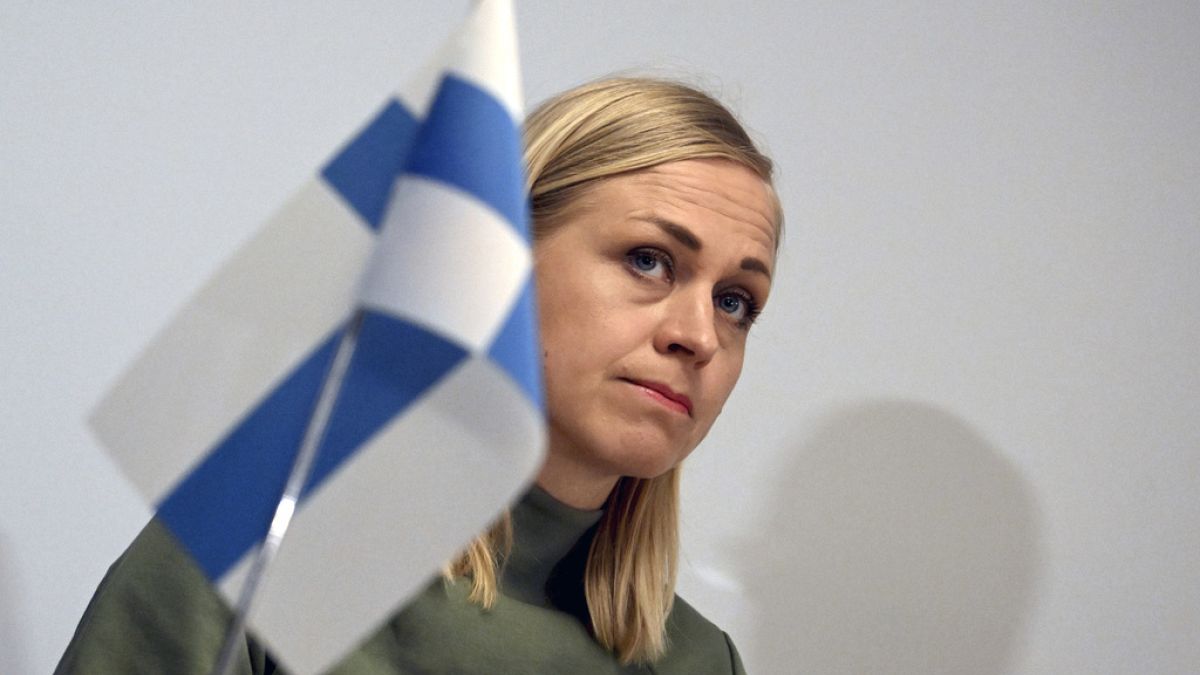Baltic leaders expressed caution in response to reports that Russia may revise its territorial waters borders in the region. The proposed changes, outlined in a draft proposal by Russia’s Defence Ministry, seek to update the coordinates used to measure territorial waters off its mainland coast and islands in the Baltic Sea. The existing coordinates, approved in 1985, are considered outdated and not reflective of the modern geographical situation. While it is unclear whether the proposed changes would shift the borders or simply clarify them, leaders in the region are treating the situation with vigilance.
Lithuania’s Foreign Minister described the reports as an “obvious escalation” that requires an “appropriately firm response.” Sweden’s Prime Minister emphasized that Russia is a signatory to a United Nations convention that regulates such border changes, and Finland’s Foreign Minister suggested that the proposed changes may be a routine act rather than a provocation. Despite concerns, both Finland and Lithuania are approaching the situation calmly and based on facts. German Defence Minister Boris Pistorius labeled the proposal as a move in line with Russian President Putin’s hybrid warfare tactics.
The Baltic News Service reported that Lithuania summoned the Russian representative for an explanation on the matter. However, Russia’s Interfax news agency later cited an unnamed military diplomatic source stating that Moscow does not intend to revise the border or the width of its territorial waters. Kremlin spokesman Dmitry Peskov reiterated that the proposal was not political and aimed at ensuring Russian security amid escalating tensions in the region, particularly following Russia’s invasion of Ukraine.
Since Finland and Sweden joined NATO after Russia’s invasion of Ukraine, the Baltic Sea has become surrounded by NATO members, posing a security challenge for Russia. The sea provides Russia with maritime access to St. Petersburg and its Kaliningrad enclave, located between Lithuania and Poland. This enclave is home to Russia’s Baltic Fleet. The situation underscores the strategic importance of the Baltic Sea region and the need for a cautious approach to any proposed changes in territorial waters borders.
Overall, the reaction of Baltic leaders to reports of potential changes in Russia’s territorial waters borders underscores the complex geopolitical dynamics in the region. While concerns have been raised about the implications of the proposed changes, leaders are emphasizing the importance of a calm and fact-based approach to the situation. The ongoing tensions in the Baltic region, coupled with Russia’s strategic interests in the area, highlight the need for continued vigilance and diplomatic engagement to ensure peace and stability in the region.











